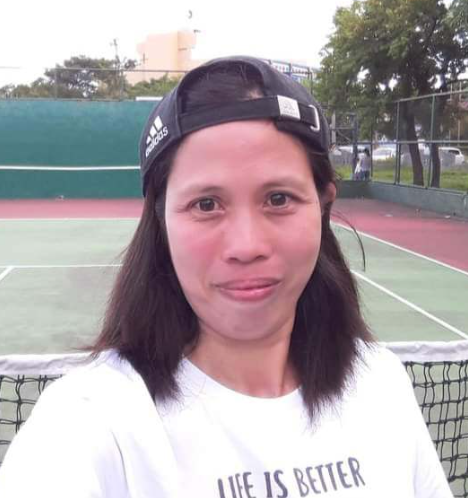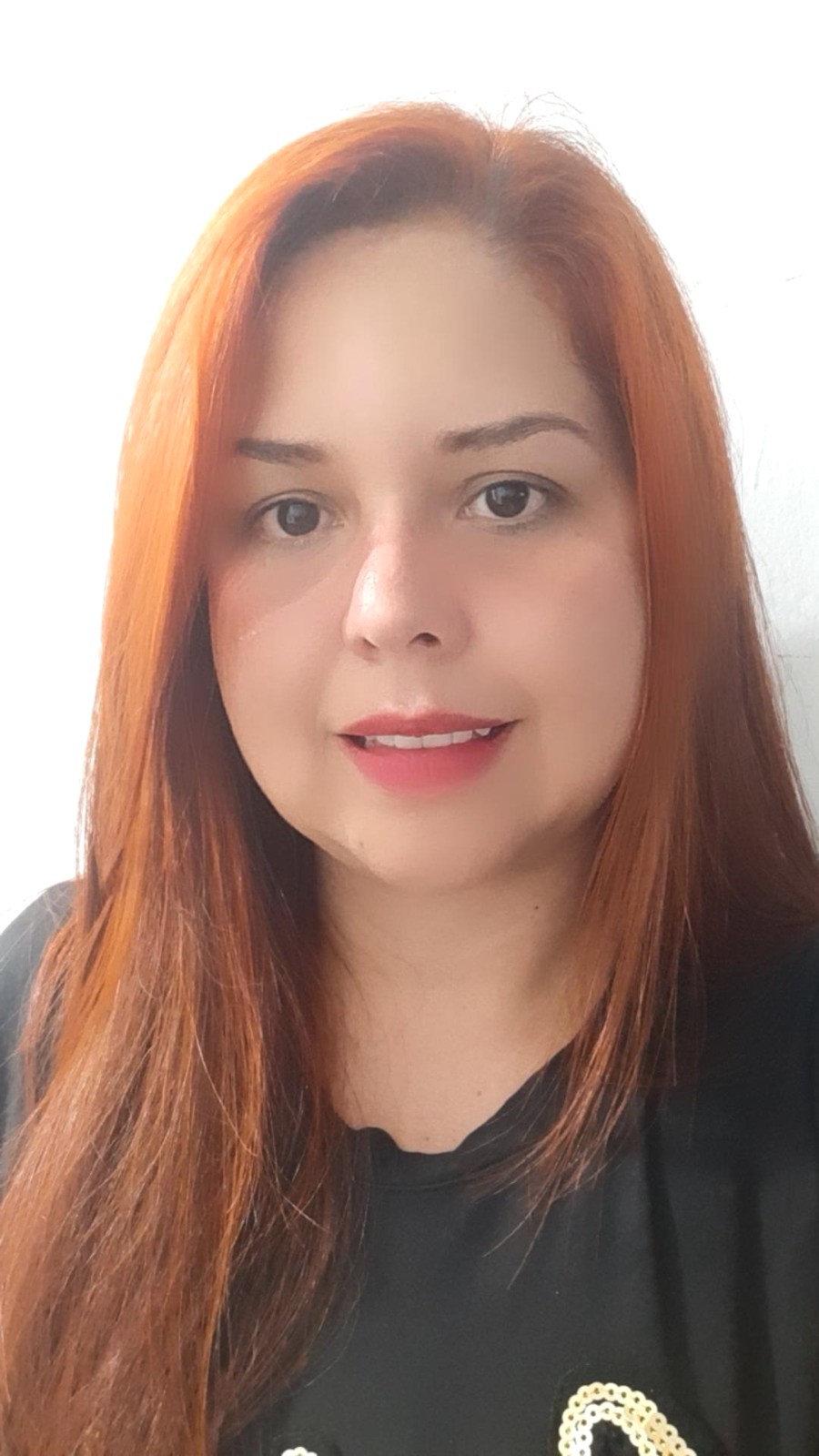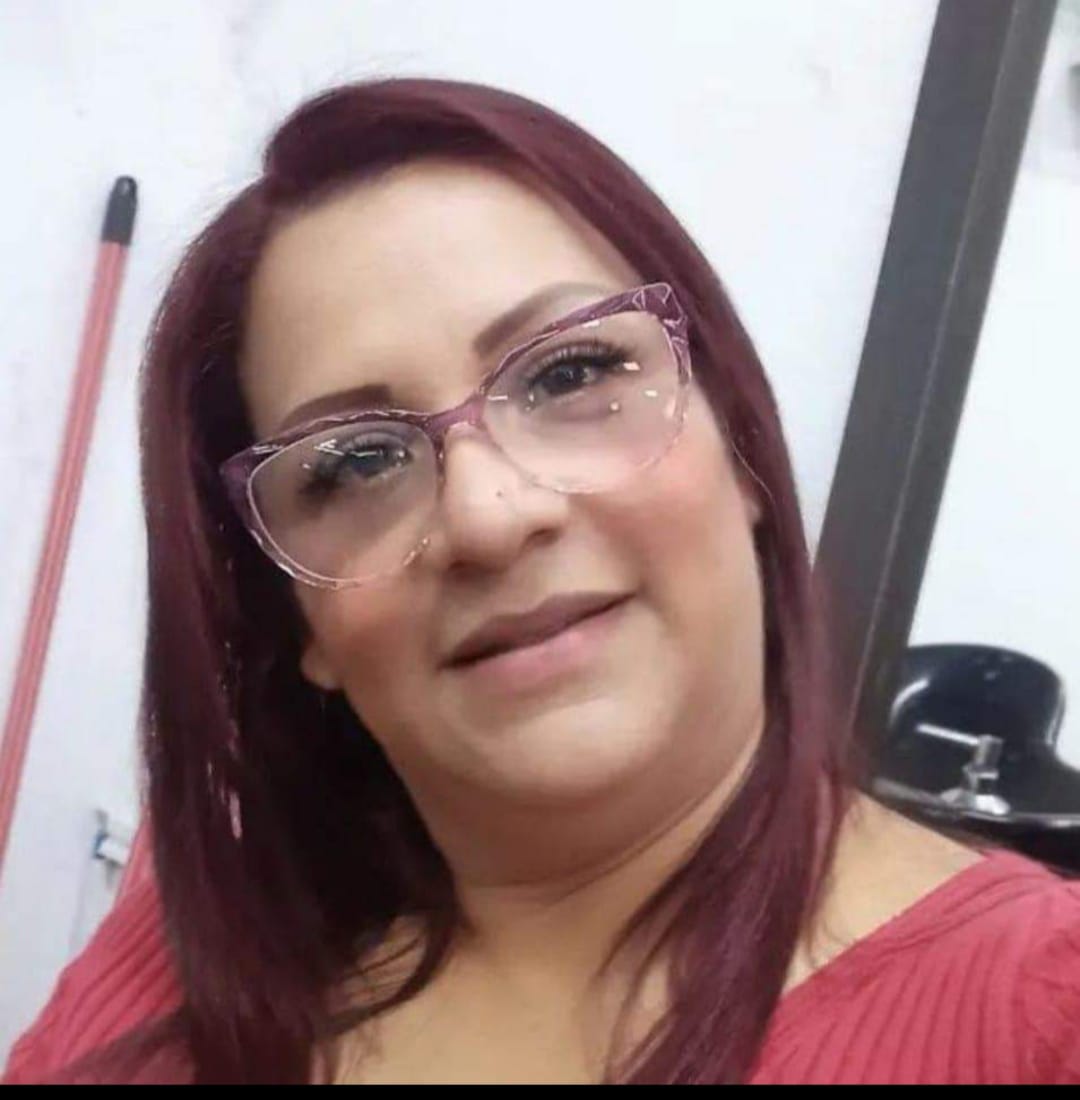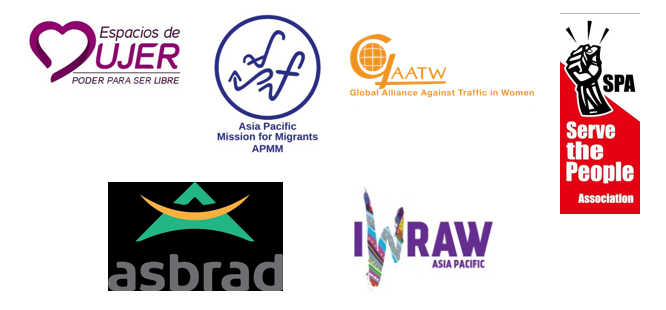For the Spanish version, go here.
GAATW organised a panel at the IWRAW virtual Global South Women’s Forum (GSWF) on 29th October 2023. GAATW organised it with its members and partners from South East Asia and Latin America. They are Serve the People Association (SPA, Taiwan), Asia Pacific Mission for Migrants (APMM), Hong Kong, Espacios De Mujer (Colombia) and ASBRAD (Brazil). The key objective of the panel discussion was to bring together the experiences of women migrants and survivors of trafficking from these two regions. GAATW and our members and partners encourage self-representation and participation of the women who continue to fight for their rights as community organisers in different countries of destination. The speakers’ reflection on the themes of the GSWF’s theme of access to documentation and citizenship as site of exclusion, not only based on their personal experience but also their role as community organisers.
The speakers are as follows:

Francia Balderama. She is the director of the National Domestic Workers' Union. She has been a migrant caretaker, and now works as a factory worker in Taiwan. She is also representing SPA.

Rossana Tapiru is a member of an organisation called SAMAKANA. It is a new organisation composed of Filipina women marriage migrants in Japan. She is also representing APMM.

Yexica Marcanon (Venezuelan in Colombia): journalist, Venezuelan migrant living in Medellín for six years, co-founder of the Venezuelan Volunteer Corporation – CORPVOLVEN and entrepreneur, creator of Yexi’s Cakes, a family business dedicated to artistic baking.

Jandreliz Desire Zambrano Franco, Venezuelan advisor to the Brazilian Association for the Defense of Women, Children and Adolescents - ASBARD.
GAATW’s feminist approach to rights underscores the plurality of the category of ‘migrant or trafficked women’. Using this approach the panel of four women shed light on the variations in migration practices and social and cultural determinants of inclusion and exclusion that go beyond the written letter of immigration policies and international conventions.
- The psychological stressors of people on the move: Whether trafficked or migrated, women reflected that they find themselves caught up in a situation of conflicting normative expectations and these create tensions. For example, women migrated to provide for their families, and economic security to provide for their families is a strong ‘pull’ factor of migration. But the dual segmentation of the market plays a role where migration of workers in jobs like caregivers or factory-workers is penalised by leaving families/ children behind. These competing social roles create tension and add to the stress.
“My son graduated from university and now I am working to make sure my daughter graduates too. I was a caregiver but now I work at a factory. I can make money now… I realised that we, as women migrant workers, are trying to be superwomen. Trying to send money back home to those who rely on us. We are scared not only for ourselves but also our families.” says Francia who migrated to work in Taiwan from the Philippines.
The stressors are worsened by the conditions of work for women that includes gendered nature of work available to them, housing conditions, working hours and social protection.
Yexica who migrated from Venezuela to Colombia for work adds, ‘my cousin was going to earn much more money than me as a woman migrant. So they will say ‘you are going to be in the kitchen, we were going to be paying 30 or 50,000 pesos’. But for them, men, they were going to be outside attending the people and they will receive a higher remuneration.’
Loneliness as a subjective feeling of personal disconnection and objective lack of social network in the country of destination is a big factor of psychological stress even if other conditions are favourable. The alienation is exacerbated when migrants don’t speak the language.
“They [the psychologists] gave me sleeping pills, because I was in a crisis, I didn't know what to do. There were just too many things in my head. I didn't know anyone, I didn't have family there, how am I going to go out and walk, what's going to happen with my children, who can I trust, because they were really small. And they [ASBRAD] kept telling me to remain calm”, explained Jandreliz who migrated from Venezuela to Brazil.
- Intergenerational considerations of migration: The panel stated the distinct hardships of single mothers. While the women face risk becoming undocumented when unfavourable working conditions are not unbearable and there is no legal recourse or social protection guarantee. Once undocumented, there is no firewall between their immigration status and public services and assistance because access to these depends on proving to have residence permit in one of the municipalities. If migrant women are not registered, they and their children are cut off from healthcare, public schools and other services. For the children to have any recognition, they are dependent on the approval of a Japanese man. Many marriage migrants are all at the mercy of their partners’ or husbands’ cooperation for their visas and ‘legal’ status in Japan.
“It's also a pressure that we don’t have any healthcare access because we are undocumented. So you just have to endure it. I also experienced it, when I got sick. I got a cough but my flu worsened. I couldn't go to the hospital. Some people and NGOs helped me but nothing from the Philippines government. It was supposed to help us. The biggest challenge was for my two children because they have different nationalities.” says Rosanna who migrated to Japan from the Philippines.
Similarly, the children of Venezuelan migrants in Colombia were at risk of statelessness because Colombia does not automatically grant nationality as birthright to children born on its territory. According to Colombian legal and constitutional frameworks, a child born in Colombia to foreign parents can only obtain citizenship through diplomatic certification from the country of parents’ nationality or by proving at least one parent is domiciled in Colombia. Due to the absence of diplomatic ties between the two countries, the diplomatic certification was not an option. The civil society had to carry out a campaign because it was a constitutional restriction. As a result of this, in 2019, a bill that creates a unique citizenship exception for children born in Colombian territory to parents who have emigrated from Venezuela was approved. This bill is restricted by time and nationality leaving many other children of migrant women at risk of statelessness.
“When we talk about regularization. If you don't have a regular situation, it is very hard..My sister started working in a factory. After the week, she didn't have any remuneration. And also she was not able to demand that remuneration, because it was not a regular situation. In all the journey that we have been looking for information. When we found it, we started this corporation. Once we have the information, we aspire to be better, to know more about our rights, and something that we have been repeating. There is no problem that you cross the border, even if you don't have a nationality, you don't have citizenship, you have rights, you have the right to work, your children have the right to education. This is the point we have been putting in front of our cooperation, we have met many organizations like Espacios de Mujer, the one who gave me the opportunity to be here today sharing my story. They have been like a key support for us and have been this network that we needed. Because we didn't know anybody and didn't have any family here. We didn't have any network.” says Yexica, stressing the need for recognition by regularisation of migrants whose elderly parents could not access healthcare after they immigrated to Colombia with her.
- Reproductive rights of migrant women: In breach of Convention on the Elimination of All Forms of Discrimination against Women (CEDAW) that specifies women’s human rights to equality and non-discrimination, migrant women’s reproductive rights are threatened by employers and recruitment agencies.
Francia, the director of National Domestic Workers Union says, “Many Filipinos here [in Taiwan] experienced a lot of abuse, especially women who get pregnant. There's a lot that you can deliver a baby in Taiwan. But they are usually threatened by the employers and the agencies that they need to abort their babies. Otherwise, they will be deported back to the Philippines.
So the National Domestic Workers Union is not only helping those who are abused, but also those who also are pregnant so they can keep their babies. So we refer them to shelters so that when mothers bear their babies,they can stay in the shelter like the one SPA assists.”
This discrimination results from the unregulated environments in which migrant women work as domestic workers, caregivers and factory workers. They are reduced to ‘labouring bodies’ and get penalised by threat of deportation or abortion to demand work from them. The shelters then support the pregnancy, delivery and post-natal care of the migrant women and their children.
- Recognition of skills and qualifications: The women pointed towards the lack of recognition of skills in the country of destination, as well as upon return, creating a gap in economic reintegration in the migration cycle. “I am a journalist, professionally, but even after six years, I was not able to get my certification.” shares Yexica who started baking cakes after she migrated to Colombia, starting an entirely new line of work to adapt. Jandreliz was working as a teacher for 10 years before she arrived in Brazil and started working with ASBRAD for the defense of women, children and adolescents because of differences in language.
We encourage researchers, experts, collectives and CSOs to take cognisance of what was shared by the panellists during the session and take it forward in their areas of work. We will continue to create spaces such as these where women from diverse contexts and backgrounds who are on the move can listen and tell each other their journeys. These are not anecdotes but nuanced examples of how rights are comprised and why we need to keep advocating for rights of migrant workers with a gendered lens.
Note of gratitude: We would like to extend our gratitude to our panellists who joined us despite odd hours, on a weekend. We recognise that they joined us on their rest day because that is the only personal time they have available. We want to thank our members and partners organisations who are working with these migrant community organisers and steadily strengthening their voices and work. The coordination by the IWRAW and GSWF team who organised this virtual panel so seamlessly is worth noting. Lastly, the translators and interpreters who helped us stand by the value of language justice.

